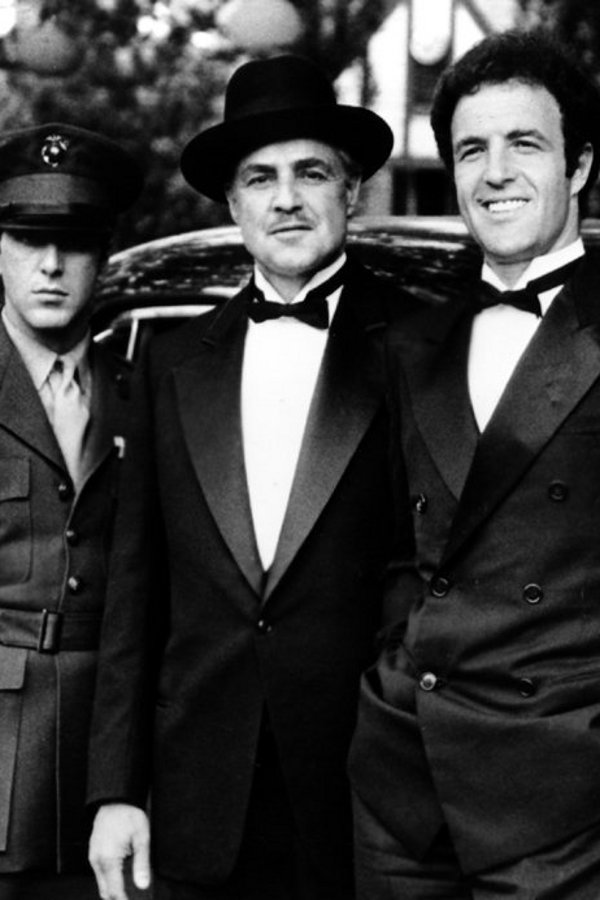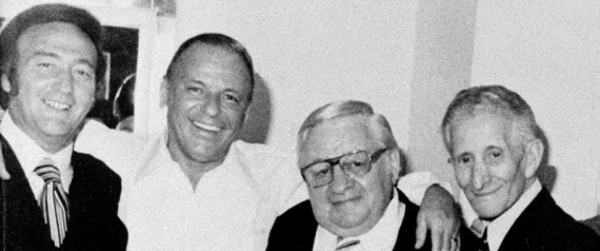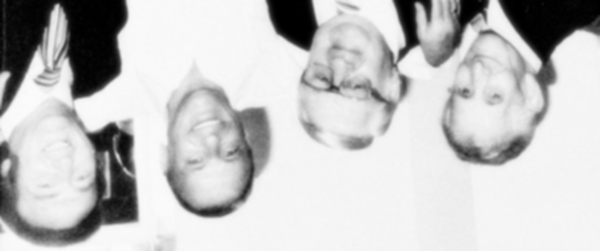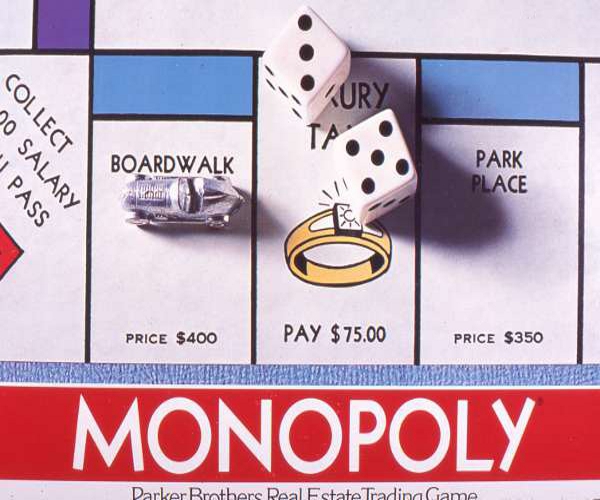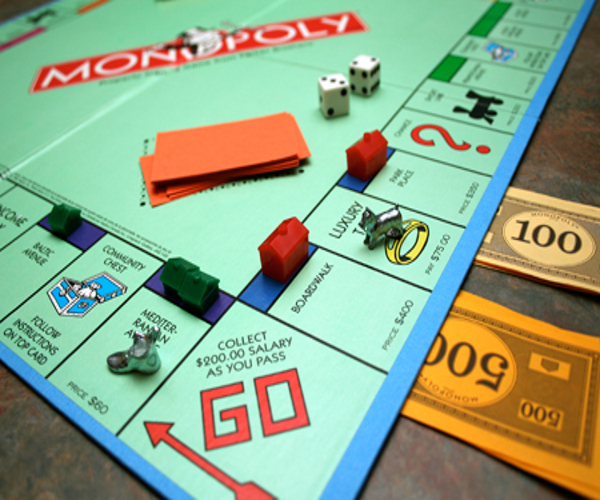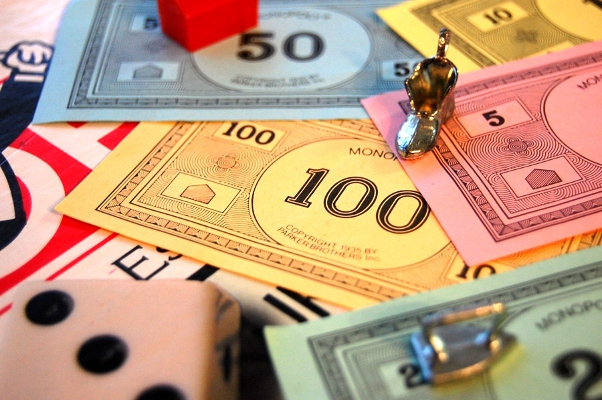|
|
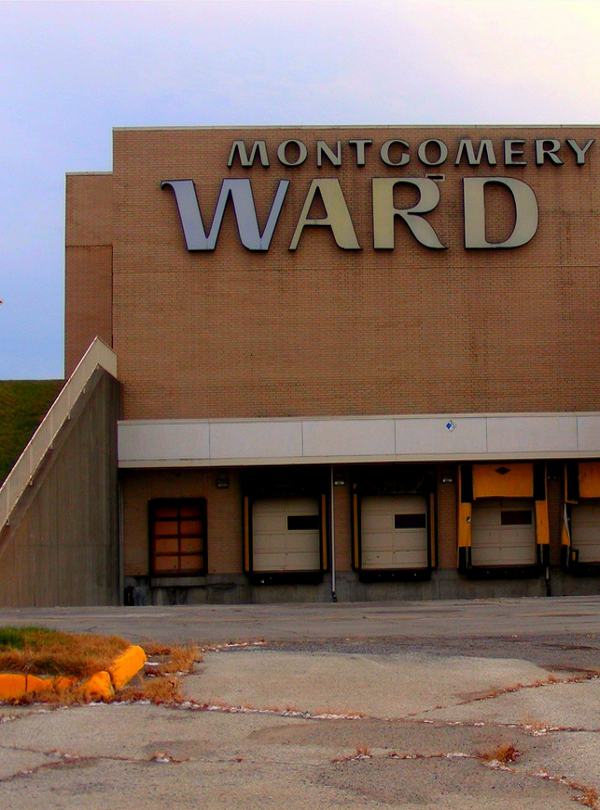
|
MOBIL OIL -- Originally part of the Standard Oil Trust
Standard of New York (SOCONY) merged with Vacuum Oil Co. becoming Socony Vacuum, changing later to Socony-Mobil, and currently calling itself Mobil Oil.
Several years ago when Mobil's sales and cash flow were extremely high, the company purchased more than half of the Marcor Corporation for somewhere between 500 million and a billion dollars. Marcor owns Montgomery Ward and The
Container Corporation of America. Montgomery Ward sells almost every imaginable product. From appliances to clothes, from automobile insurance to car repair, Montgomery Ward advertises and sells it all. In fact, it is difficult to make a list of things that Montgomery Ward does not sell.
Things continue to go well for this conglomerate. With another roll of the dice and the necessary cash, Mobil announced in 1979 its' intention to buy Bodcaw Co., a Dallas based producer of forest products and minerals. Estimated price was $475 million. In addition, Mobil has bid an estimated $765 million for the General Crude Oil Division, owned by the International Paper Company, the world's largest producer of paper.
A. 1971 8 Billion, 243 Million, 033 Thousand
B. 1972 9,155,332
C. 1973 11,390,113
D. 1974 18,929,033
E. 1975 20,620,392
F. 1976 26,062,570
G. 1977 32,125,828
|
|


























































